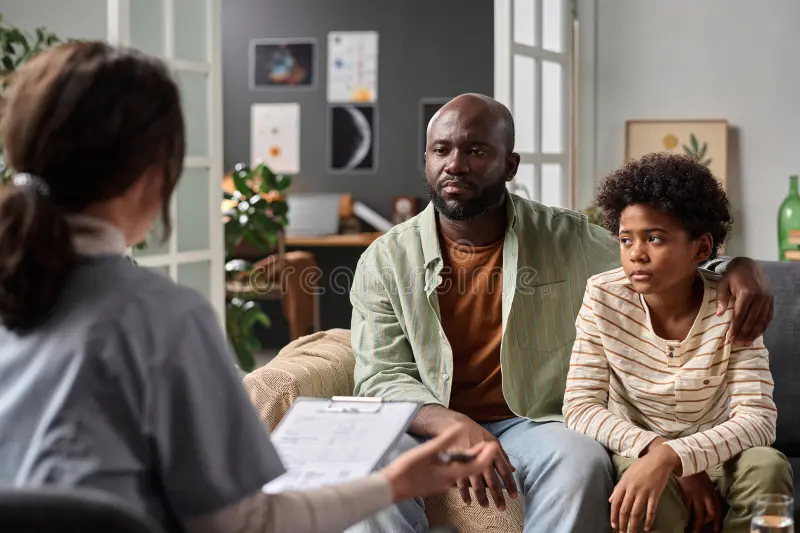24/7 Helpline:
(866) 899-221924/7 Helpline:
(866) 899-2219
Learn more about Group Therapy centers in Blue Eye
Group Therapy in Other Cities

Other Insurance Options

Magellan

Cigna

Excellus

Aetna

GEHA

Holman Group

Lucent

Highmark

ComPsych

Horizon Healthcare Service

PHCS Network

Meritain

MHNNet Behavioral Health

Molina Healthcare

Private insurance

Health Net

EmblemHealth

Medical Mutual of Ohio

Regence

Magellan Health












